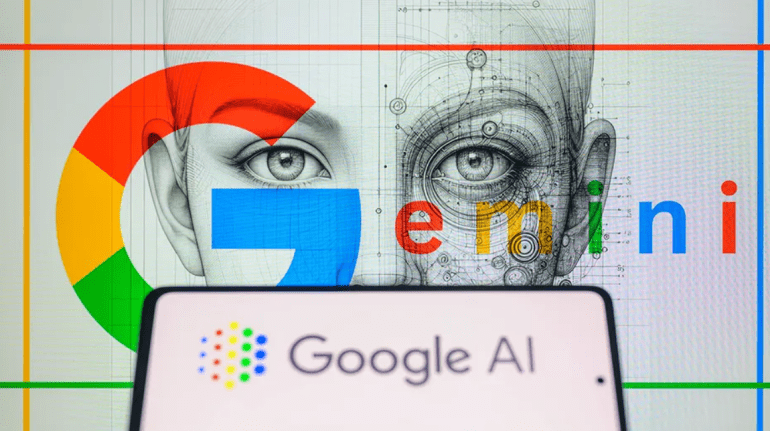- Gemini AI accused of scanning PDFs on Google Drive without explicit consent.
- Senior Advisor Kevin Bankson raises concerns over automatic AI summaries from private tax documents.
- Difficulty in disabling Gemini AI prompts scrutiny over Google’s data management practices.
- Google acknowledges previous assurances that Workspace data isn’t used for AI training or targeted ads.
- Bankson speculates on potential influence of prior Workspace Labs participation on Gemini AI behavior.
- Users can close Gemini side panel in Google Drive to opt out of AI-generated summaries.
Main AI News:
Google’s Gemini AI has been accused of scanning PDF files hosted on Google Drive without active permission or initiation, sparking yet another discussion around AI safety and privacy concerns. Senior Advisor on AI Governance Kevin Bankson took to X to share concerns over an automatically generated AI summary in a private and confidential tax return. Bankston’s thread detailed his experience with Gemini AI reading private documents without consent and the subsequent troubles in disabling the functionality on the cloud storage platform.
Despite attempts to disable the feature, Bankston found that Gemini’s continued to operate in Google Drive, raising questions about Google’s handling of user data and privacy settings. After failing to find the right controls to disable Gemini’s integration, the Advisor asked Google’s ChatGPT-rivalling AI chatbot on two occasions to pinpoint the settings. A second, more detailed response still brought no joy: “Gemini is not in Apps and services on my dashboard (1st option), and I didn’t have a profile pic in the upper right of the Gemini page (2nd).” With help from another X user, Bankston found the control, which was already disabled, highlighting either a malfunctioning control or indicating that further settings are hidden elsewhere.
However, previous Google documentation has confirmed that the company will not use Google Workspace data to train or improve its generative AI services or to feed targeted ads. Bankston theorizes that his previous participation in Google Workspace Labs might have influenced Gemini’s behavior. The Gemini side panel in Google Drive for PDFs can be closed if a user no longer wishes to access generative AI summaries.
While Google promises to handle user data safely and securely, the case reaffirms the importance of consent and user control as AI continues to advance and becomes more deeply ingrained in the products we use every day. A Google spokesperson shared with TechRadar Pro in an email: “Our generative AI features are designed to give users choice and keep them in control of their data. Using Gemini in Google Workspace requires a user to proactively enable it, and when they do their content is used in a privacy-preserving manner to generate useful responses to their prompts, but is not otherwise stored without permission.”
Conclusion:
The allegations against Google’s Gemini AI underscore growing concerns about privacy and user consent in AI-driven services. Despite Google’s assurances of user control and privacy safeguards, incidents like these highlight the ongoing challenges in ensuring transparency and accountability in AI technologies integrated into everyday platforms like Google Drive. This situation prompts a critical reassessment of data handling practices and user empowerment in the evolving AI landscape.

